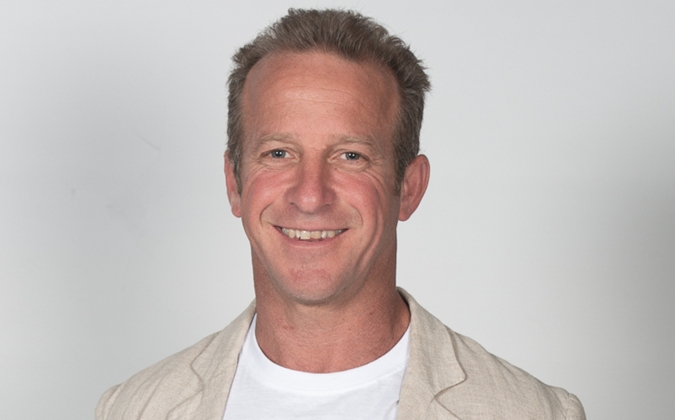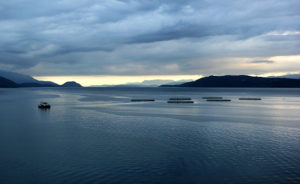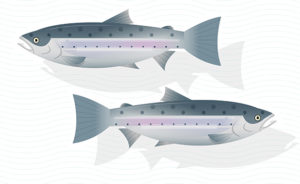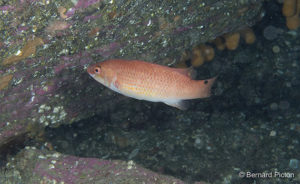The value of veterinarians in ensuring sustainability for Africa’s fast-growing aquaculture industry
Sub-Saharan Africa is enjoying an aquaculture boom — with fish health and welfare services moving in turn to meet the sector’s needs and ensure sustainable growth. In an interview, veterinarian Brandon Spolander, BVSc, MRCVS, SAVC, MSc, owner of Aquavet Africa, talks about engaging with the growing industry and addressing important gaps.
Health & Welfare
Study sheds new light on Pasteurella infection in salmon and lumpsuckers
Atlantic salmon appear to be less susceptible to pasteurellosis than lumpsucker, the commonly used cleaner fish for the control of sea lice, the results of new PHARMAQ Analytiq-supported research suggest.
Vaccine ‘work in progress’ in major aquaculture markets, Part 3: Atlantic salmon
While there are efficacious commercial vaccines available against a number of important diseases that affect Atlantic salmon, there are still pathogens for which there are currently no such options available.
Vaccine ‘work in progress’ in major aquaculture markets, Part 2: Tilapia
Nile tilapia is now the second most farmed fish worldwide, in part due to its adaptability. It is, however, susceptible to a number of diseases.
Mycobacteriosis could prove growing problem in aquaculture
Intensification of aquaculture and domestication of wild species are leading to an increased prevalence of mycobacteriosis in farmed aquatic invertebrates, according to a review of the disease’s emergence by an international team of researchers.
Why fish vaccines are increasingly coming in smaller doses
An interview with Dr Bjørn Brudeseth, PhD, PHARMAQ
Taming tilapia lake virus requires improved expert collaboration
Tilapia lake virus (TiLV) is an emerging threat to aquaculture, having been discovered in 2014 and now reported in 16 countries.
China making up for lost time in aquatic vaccine development
China is now responsible for over 70% of global farmed-fish production. Finding appropriate responses to fish disease has not been as rapid, researchers from Huazhong Agricultural University acknowledged — but new options in development suggest that the nation is fast catching up.
Cleaner-fish health risks highlighted as use in aquaculture rises
Cleaner fish have proved an effective alternative method of sea louse control — but their widespread introduction brings with it a new threat of pathogens and parasites, and available treatments are falling short of requirements.
- « Previous
- 1
- …
- 3
- 4
- 5









